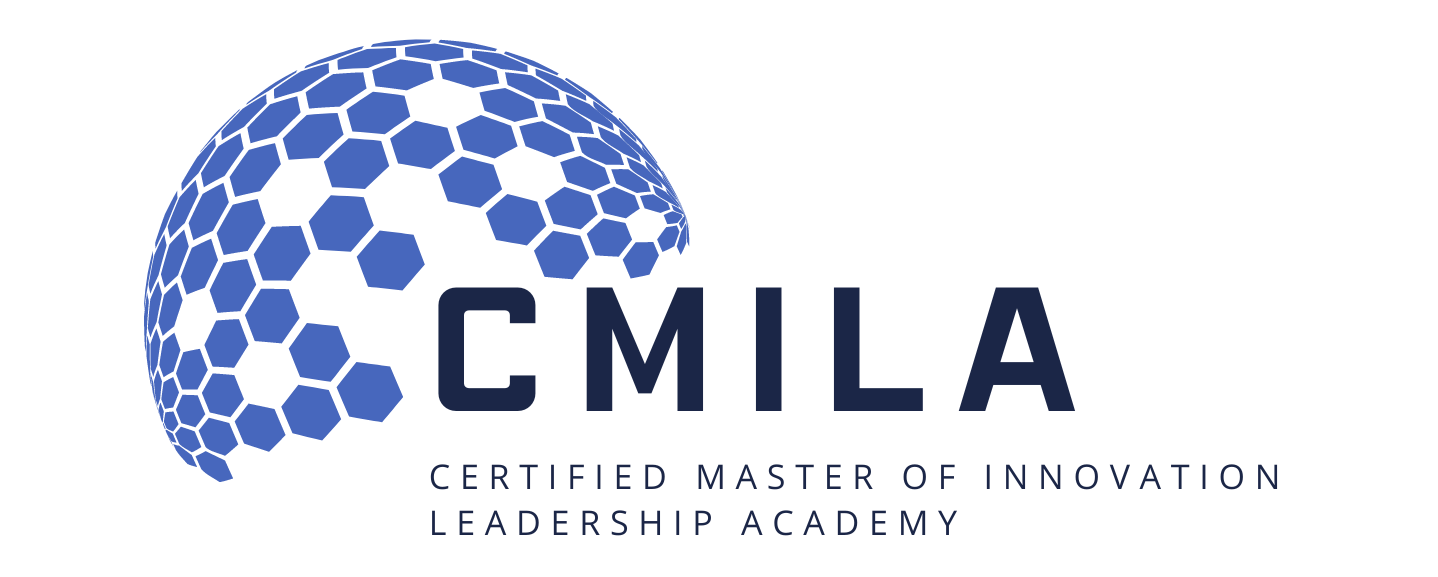Certified Foresight and Scenario Planning Specialist (CFSPS)
The Certified Foresight and Scenario Planning Specialist (CFSPS) Certification Course by Tonex is a comprehensive program designed to equip professionals with the knowledge and skills required to excel in the dynamic field of foresight and scenario planning. This course delves into the strategic foresight methodologies and scenario planning techniques, providing participants with a solid foundation to navigate uncertainties and make informed decisions in complex business environments.
Learning Objectives:
Upon completion of the CFSPS Certification Course, participants will:
- Understand the principles and theories of foresight and scenario planning.
- Develop proficiency in applying various foresight tools and methodologies.
- Analyze and interpret emerging trends and disruptions for strategic planning.
- Create robust scenarios that aid in decision-making and risk mitigation.
- Cultivate the ability to lead and facilitate scenario planning workshops.
- Gain insights into the ethical considerations of foresight practices.
Audience:
This course is ideal for:
- Strategic Planners
- Business Analysts
- Innovation Managers
- Decision-Makers
- Project Managers
- Consultants
Course Outline:
Module 1: Introduction to Foresight and Scenario Planning
- Overview of Strategic Foresight
- Significance of Scenario Planning in Decision-Making
- Historical Context of Foresight Practices
- Relationship Between Foresight and Organizational Strategy
- Key Concepts in Futurology
- Case Studies in Successful Foresight Implementation
Module 2: Foresight Methodologies
- Trend Analysis and Forecasting Techniques
- Environmental Scanning Methods
- Technology Mapping in Foresight
- Competitive Intelligence in Foresight
- Cognitive Bias in Foresight Analysis
- Integrating Foresight with Strategic Planning
Module 3: Scenario Planning Tools
- SWOT Analysis for Scenario Development
- Matrices and Frameworks for Scenario Building
- Cross-Impact Analysis in Scenarios
- Stakeholder Mapping in Scenario Planning
- Storytelling Techniques in Scenario Communication
- Quantitative Models for Scenario Evaluation
Module 4: Trend and Disruption Analysis
- Identifying Emerging Trends
- Assessing the Impact of Emerging Technologies
- Analyzing Geopolitical Trends
- Understanding Socio-Cultural Shifts
- Economic Trend Analysis for Scenario Planning
- Evaluating Technological Disruptions
Module 5: Scenario Creation and Evaluation
- Developing Plausible Scenarios
- Storyboarding Scenarios for Clarity
- Assessing Scenario Robustness
- Validating Scenarios through Simulation
- Integrating Scenarios into Strategic Plans
- Communicating Scenarios Effectively to Stakeholders
Module 6: Facilitation and Leadership in Scenario Planning
- Techniques for Facilitating Scenario Workshops
- Building Collaborative Environments for Scenario Planning
- Conflict Resolution in Scenario Planning Sessions
- Leading Cross-Functional Scenario Teams
- Ethical Considerations in Facilitating Scenarios
- Long-Term Leadership in Navigating Organizational Uncertainty
Overview of the Certification Process:
- Familiarize yourself with the prerequisites, if any, for taking the exam.
- Review the certification roadmap to understand the different levels of certification offered (e.g., Foundation, Advanced, Expert) and the requirements for each level.
- Identify the benefits of obtaining the certification for your career and professional development.
Details of the Exam:
Format: Multiple-choice, scenario-based, practical exercises
Content Areas: Review the exam blueprint or syllabus to identify the specific topics and knowledge areas covered in the exam. This will help you focus your study efforts on the most relevant content.
Passing Score: Understand the minimum passing score required to achieve certification and aim to exceed this threshold during your preparation.
Study Resources: Identify recommended study resources, such as certification manual, study guides and practice exams, to help you prepare effectively for the exam.
Exam Sample Questions:
- Practice with sample questions to familiarize yourself with the exam format and assess your readiness.
- Analyze each question carefully, paying attention to key details and any clues provided in the question stem or answer choices.
- Practice time management by setting aside dedicated study sessions to complete sample questions within the allotted time frame.
- Review your answers and explanations for correct and incorrect responses to identify areas for improvement and further study.
